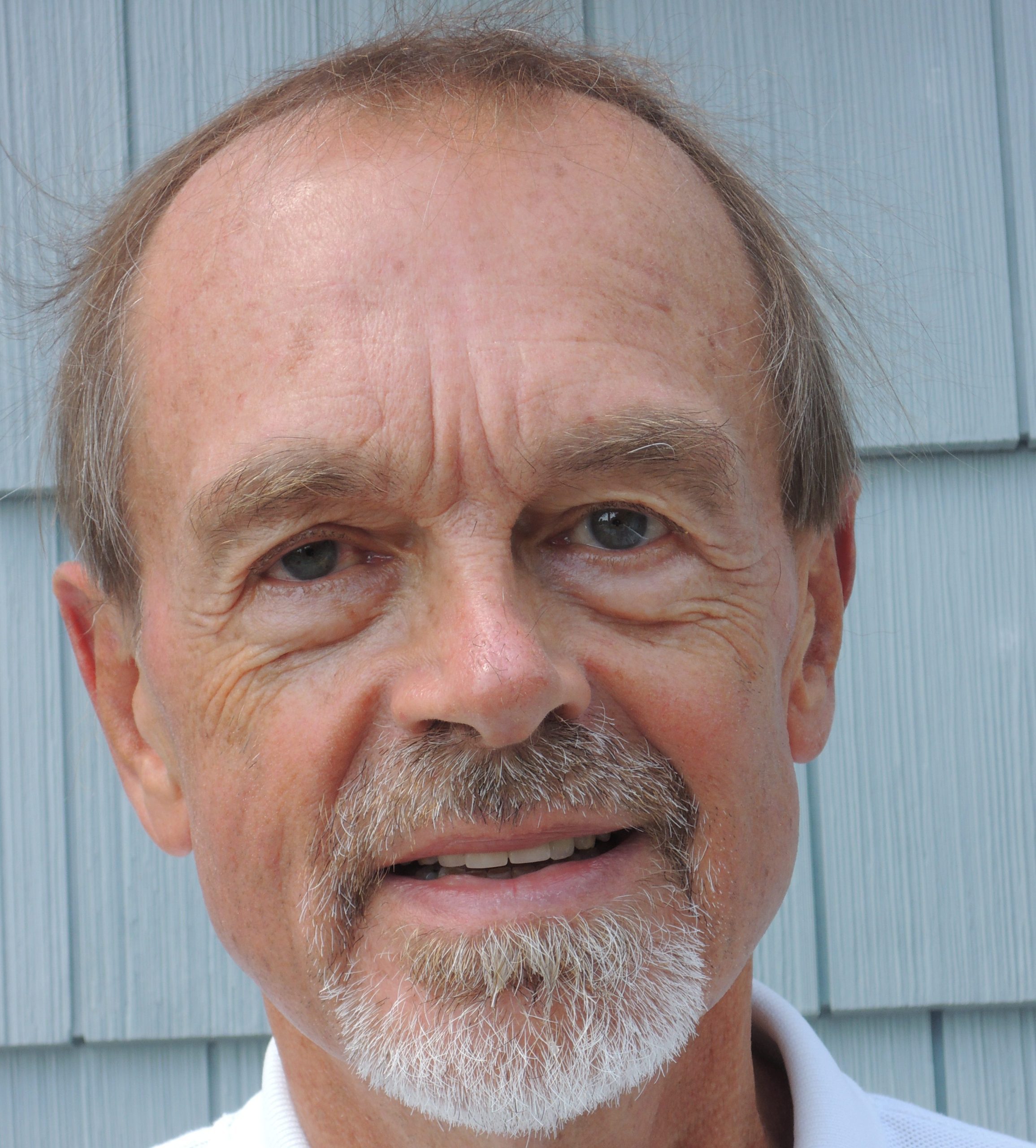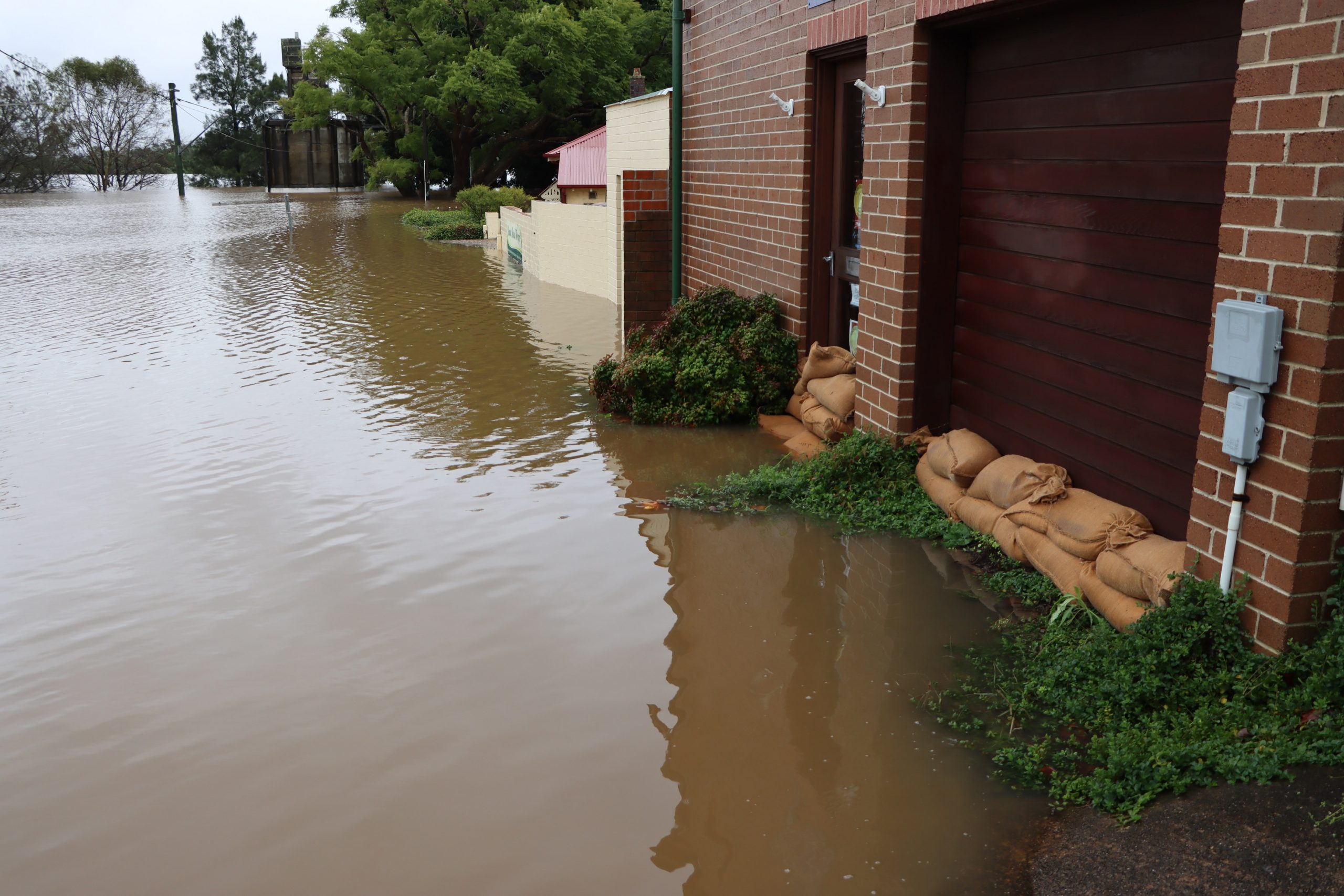Without our commitment to curb CO2 emissions our descendants will live unbearable lives, says philosopher Philip Kitcher. This week he will talk about his solution in Delft.
(Photo: Wes Warren / Pixabay)
Philosopher of science, Philip Kitcher of Columbia University, will give the fourth Van Hasselt Lecture on the ethics of technology on 2 November in the Prinsenhof Museum. He will talk about how we are to reduce emissions of greenhouse gases over the coming decades without frustrating the aspirations of the world’s poorer nations and poorer people. His solution: contractualism.
You state that it should now be completely clear to any educated citizen of any nation that greenhouse gas emissions must be reduced. But that is more easily said than done. We face an ethical dilemma, you say. Can you explain that dilemma?
“The necessary radical changes to phase out our use of fossil fuels and alter our agricultural practices are likely to impose further burdens on those who are already struggling and suffering. They threaten to frustrate the aspirations of the world’s poorer nations who hope to share in the benefits brought to the affluent world by the industrial revolution. How are we to balance the needs of people alive now against those of our descendants?”
‘You must have people at the table who represent the people of the future’
How are we to balance those needs?
“I don’t think we have any ready stock of principles that can give us answers to this question. This is a terrifically hard problem because many people resist doing anything about saving the future environment for our successors. They say that there are so many problems that affect people in the world today that need to be taken care of. And they are clearly right about that. However, I think that there are ways to address the issue. We need to engage in a certain kind of extended contractual negotiation with one another in which the future generations will be represented by people who are here now, who speak up for them. Our task is to find ways of modifying our everyday practices that do two things: one, reduce emissions as quickly as possible so that our descendants don’t suffer terribly; and two, design them in such a way that they definitely do not ruin human lives today.”


How can you discuss climate change with future generations? By discussing it with youngsters?
“No, no, no. You do it the same way that you generally represent people who can’t speak for themselves in ethical discussions. These could be babies, elderly dementia sufferers, or people with terrible neurological or psychological conditions. You use advocates, people who understand their predicaments and who speak for them. Similarly, you must have people at the table who represent the people of the future insofar as we can understand what predicaments they are likely to face. We know some things for certain. We know, for example, what will happen if the temperature on our planet increases by, say, five degrees above pre-industrial levels. So you need people who can say ‘look, if that happens, our descendants will face XYZ problems’.”
At the heart of your principle of contractualism are three conditions. Can you explain what these are?
“First of all, inclusiveness. All groups that will be affected need to be represented. Second, knowledge condition. You have to use the best available information. And third, satisfying everybody. You have to listen to everyone’s point of view and try to find a solution that everybody is willing to accept at the end of the day.”
Who would be the best advocates for future generations? Scientists?
“Not necessarily scientists. You need people who are well informed by scientists though, people who feel sympathy for people of the future. There are people like this.”
‘We have tremendous inequality within the US’
Wouldn’t you expect almost every decent person to feel these things? We are all children, or have children or know people with children.
“You are anticipating some of the things I will cover in my lecture. But yes, of course, you are right. The important thing I am suggesting is that you need discussants who have certain qualities in terms of sympathy and humanity on the one hand, and certain kinds of knowledge on the other.”
The second point of your concept of contractualism is the knowledge condition. You need to use the best available information. But climate change is being disputed. There are politicians who say it doesn’t exist. Or that if it does exist, it is not our fault.
“I actually wrote a lot about that problem. But I am putting it aside here. I am not going to deal with climate change deniers who say it isn’t happening, or that if it is, it is not caused by us. I am just assuming that we can get beyond that first step, that we can agree that it is happening, that we are causing it, and that it is dangerous. We have already spent so much time responding to climate change deniers.
We have to deal with the next question: what to do about climate change. And that is a much more complicated question when many nations yearn to have electricity for all citizens or when many citizens in affluent parts of the world face horrific problems such as unemployment, homelessness, poor education and lack of access to medical care. Vast numbers in the United States are struggling. We have tremendous inequality within our country.
The problems caused by inequalities within countries and between nations are part of the backdrop against which we have to start thinking about what kind of sacrifice people can make for the future. You don’t turn to somebody who is working two jobs and barely managing to feed and clothe the family and say “well now, we have to impose carbon taxes in order to help the people of the future’. That person is rightly going to say ‘but what about me? Am I supposed to sacrifice my life and my children so that something won’t happen 50 or 100 years from now?’. That is a perfectly reasonable thing to say. That is really the kind of problem we are dealing with.”
The annual Van Hasselt Lectures are related to ethics, technology, peace and justice. The series is named after the Delft student, Frans van Hasselt, who gave a speech on 23 November 1940 denouncing the dismissal of Jewish Professors at TU Delft. Frans van Hasselt was arrested by the German occupying forces and died at Buchenwald concentration camp in 1942.
November 2, 2018, 20:00 – 21:30 @ Van der Mandelezaal, Prinsenhof Museum
Van Hasselt Lecture: What do we owe to the future? | Philip Kitcher
Also read: Thinking creatively about human rights
Do you have a question or comment about this article?
tomas.vandijk@tudelft.nl


Comments are closed.